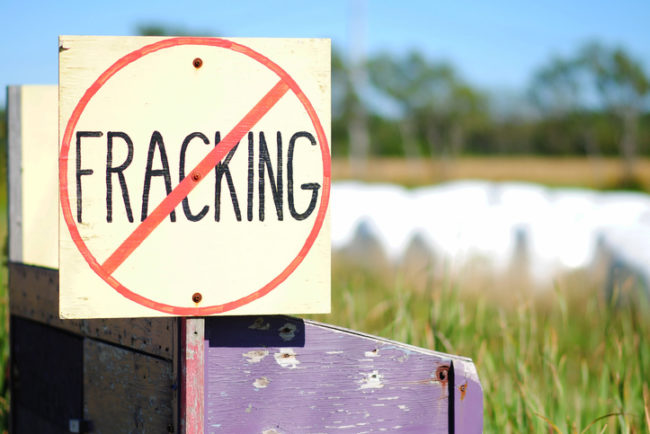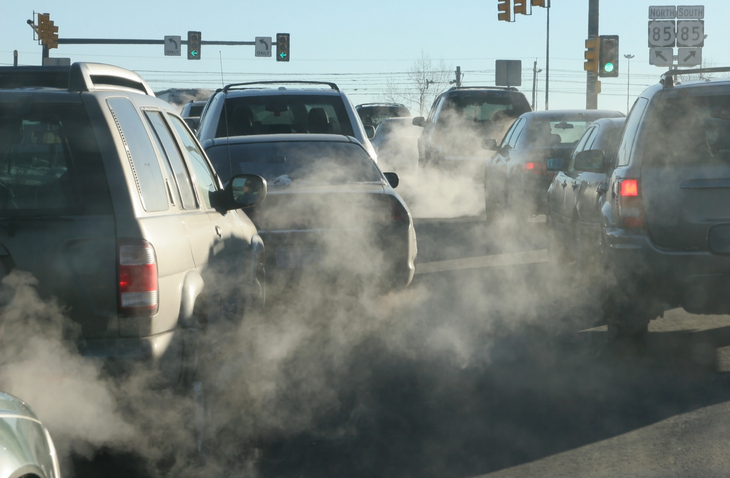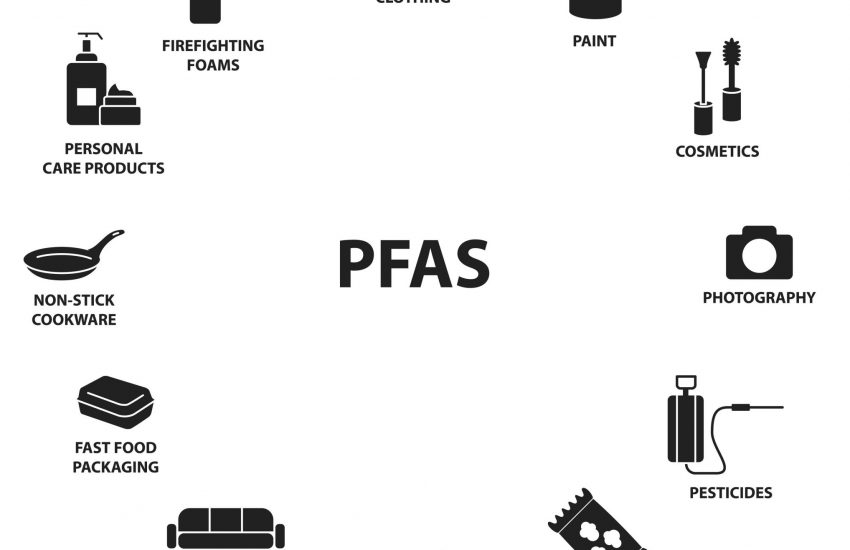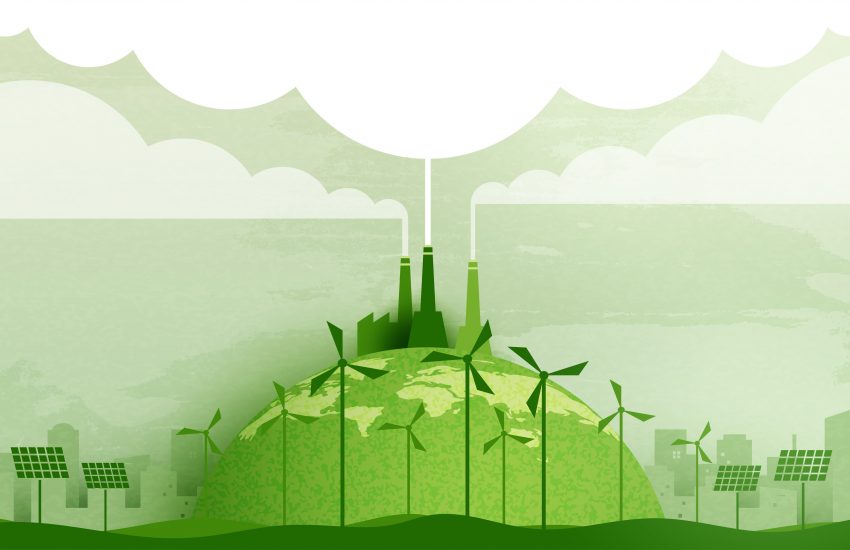If you aren’t toting a reusable water bottle, bamboo straw, or canvas grocery bag, news of a plastic-eating enzyme may not resonate as revolutionary. Nevertheless, plastic waste ranks up there as one of the most pressing environmental problems we face today. There has been little hope in sight of how to shrink the colossal amount of plastic waste—measured in billions of tons—accumulating in landfills across the globe, plaguing our ecosystems, and generating environmental contamination lawsuits. Last month, however, researchers at The University of Texas at …
Continue Reading









